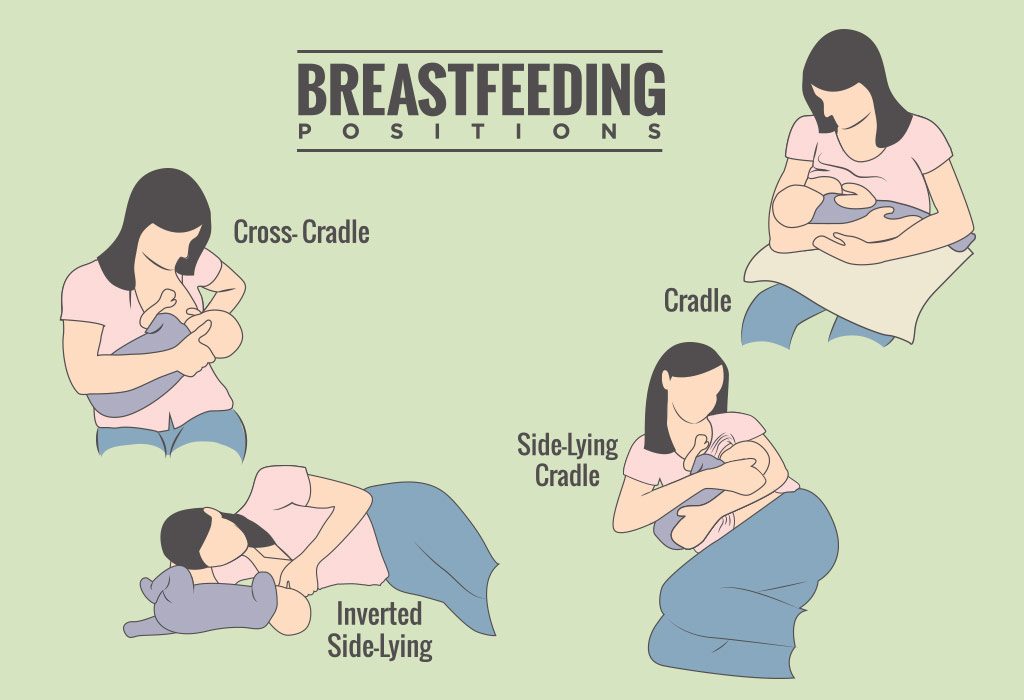Welcoming a new toothy grin from your baby is an exciting milestone! As your little one embarks on the journey of teething, it’s essential to recognize the signs, explore soothing remedies, and embrace a comprehensive approach to baby dental care.
Signs of Teething: What to Look For
Teething typically begins around the age of six months, though it can vary among babies. Understanding the signs of teething can help parents provide the necessary comfort and care. Common indicators include:
- Irritability: Teething can cause discomfort and irritability in babies. You may notice your little one becoming fussier than usual.
- Drooling: Excessive drooling is a common teething symptom. Keep those bibs handy to manage the increased saliva flow.
- Chewing and Biting: Babies often seek relief by chewing on anything they can get their hands on. Provide safe, age-appropriate teething toys to satisfy this natural urge.
- Swollen Gums: Teething can lead to swollen and tender gums. Gently massaging the gums with a clean finger or a cool teething ring can offer relief.
- Disrupted Sleep: The discomfort of teething may disrupt your baby’s sleep patterns. Be patient and provide soothing bedtime routines to help them relax.
Soothing Remedies for Teething Woes
Parents often seek effective remedies to alleviate their baby’s teething discomfort. Here are some tried-and-true methods:
- Teething Toys: Invest in safe, BPA-free teething toys that your baby can chew on. The pressure on the gums provides relief.
- Chilled Teething Rings: Cooling teething rings in the refrigerator (not the freezer) can offer a soothing effect. Always ensure the item is clean and free from any small parts that could pose a choking hazard.
- Gum Massage: Gently massaging your baby’s gums with a clean finger can ease the discomfort. Wash your hands thoroughly before attempting this method.
- Teething Biscuits: For babies ready to eat solids, teething biscuits can be a tasty and soothing option. Choose those specifically designed for teething babies.
- Cold Washcloth: Dampen a clean washcloth and place it in the refrigerator for a short time. Let your baby chew on the cold cloth for relief.
- Over-the-counter Pain Relief: Consult with your pediatrician before using any over-the-counter teething gels or medications to ensure they are safe for your baby.
General Baby Dental Care: Establishing Healthy Habits
Teething is just one aspect of your baby’s dental journey. Establishing good oral hygiene habits from an early age sets the foundation for a lifetime of healthy teeth. Consider the following tips:
- Start Early: Even before the first tooth emerges, gently wipe your baby’s gums with a clean, damp cloth after feeding to remove bacteria.
- Introduce a Toothbrush: As soon as that first tooth makes its appearance, transition to a soft, age-appropriate toothbrush. Use a rice-sized amount of fluoride toothpaste for babies and toddlers.
- Regular Dental Check-ups: Schedule your baby’s first dental appointment around their first birthday or as recommended by your pediatric dentist. Regular check-ups help monitor oral development and identify any potential issues early on.
- Limit Sugary Drinks: Introduce water as the primary beverage and limit sugary drinks. Avoid putting babies to bed with a bottle containing anything other than water to prevent tooth decay.
- Healthy Diet: Provide a balanced diet rich in fruits, vegetables, and dairy products to support healthy tooth development. Limit sugary snacks that can contribute to cavities.
- Lead by Example: Children often imitate their parents’ behavior. Demonstrate good oral hygiene habits by brushing and flossing your teeth regularly.
- Address Thumb-Sucking: If your baby has a thumb-sucking habit, gently discourage it to prevent potential dental issues. Consult with your dentist if the habit persists.
In conclusion, teething is a natural and exciting phase in your baby’s growth. By recognizing the signs, implementing soothing remedies, and establishing good oral hygiene habits, you can contribute to the development of strong and healthy teeth. Remember, each baby is unique, so be patient and attentive to their individual needs as they navigate this toothy adventure.










